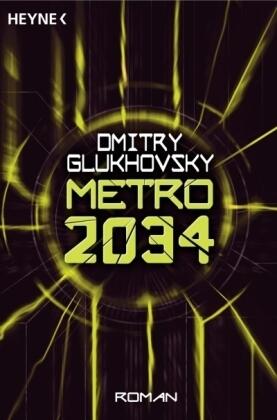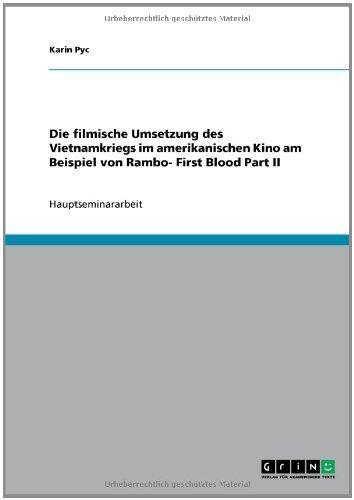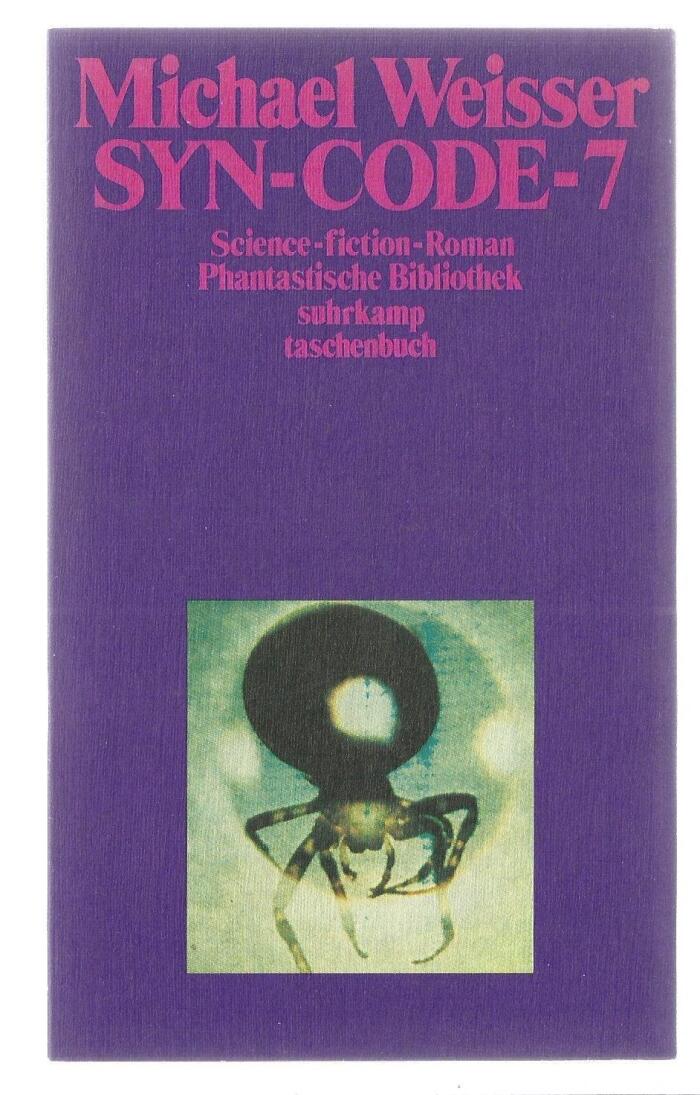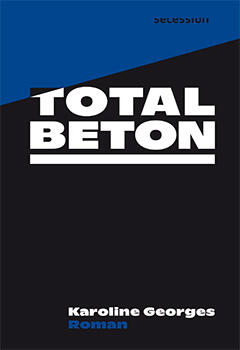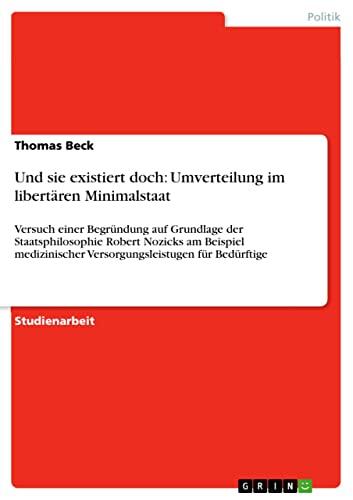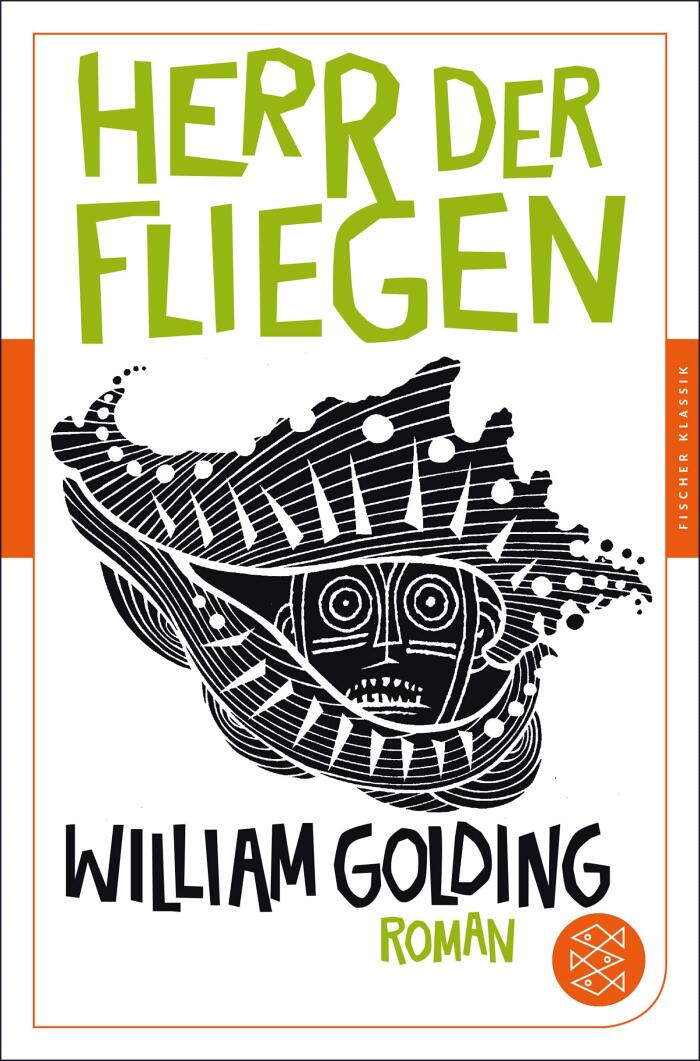
Reiseführer durch das Jenseits. Die Apokalypse des Paulus in der Slavia Orthodoxa
por
Nikolaos H Trunte
Ainda sem avaliações
Dystopian
Formato
Brochura
Páginas
360
Idioma
Alemão
Publicado
Jan 1, 2013
Editora
Peter Lang GmbH, Internationaler Verlag der Wissenschaften
Edição
New
ISBN-10
386688320X
ISBN-13
9783866883208
Descrição
In this insightful exploration, Nikolaos H. Trunte delves into the intriguing intersection of early Christian thought and Slavic cultural contexts. With a focus on the Apocalyptic visions attributed to Paul, the work unravels how these theological motifs resonate within the realm of Slavia Orthodoxa. Trunte's analysis reveals a rich tapestry of beliefs and practices as he examines the impact of these apocalyptic narratives on Slavic identity and spiritual life.
Trunte meticulously traces the historical and literary influences that shaped the reception of Paul's apocalypse in Slavic Christianity. By highlighting the unique adaptations and interpretations within the Orthodox tradition, he draws attention to the resilience and flexibility of faith in the face of existential questions posed by the end times. The author's scholarly approach balances rigorous analysis with accessibility, making complex ideas understandable to a wider audience.
As the reader progresses through the pages, they encounter not only theological discussions but also reflections on how these ancient texts continue to carry significance in contemporary Slavic societies. Trunte’s work encourages a dialogue between past and present, fostering a deeper appreciation for the cultural legacy of apocalyptic thought in Eastern Christianity.
Overall, this study is a significant contribution to the fields of Slavic studies and religious history, urging readers to contemplate the profound ways in which apocalyptic literature informs spiritual and cultural identity.
Trunte meticulously traces the historical and literary influences that shaped the reception of Paul's apocalypse in Slavic Christianity. By highlighting the unique adaptations and interpretations within the Orthodox tradition, he draws attention to the resilience and flexibility of faith in the face of existential questions posed by the end times. The author's scholarly approach balances rigorous analysis with accessibility, making complex ideas understandable to a wider audience.
As the reader progresses through the pages, they encounter not only theological discussions but also reflections on how these ancient texts continue to carry significance in contemporary Slavic societies. Trunte’s work encourages a dialogue between past and present, fostering a deeper appreciation for the cultural legacy of apocalyptic thought in Eastern Christianity.
Overall, this study is a significant contribution to the fields of Slavic studies and religious history, urging readers to contemplate the profound ways in which apocalyptic literature informs spiritual and cultural identity.
Avaliações
Nenhuma avaliação ainda
Seja o primeiro a avaliar este livro e compartilhe seus pensamentos
Adicione a Primeira AvaliaçãoRegistro de Leitura
Nenhum registro de leitura encontrado
Comece a rastrear seu progresso de leitura para ver os registros aqui
Adicione Seu Primeiro Registro de LeituraNotas
Registro de transações
Nenhum registro de transações encontrado
Comece a rastrear suas transações de livros para ver os registros aqui
Adicione seu primeiro registro de transações